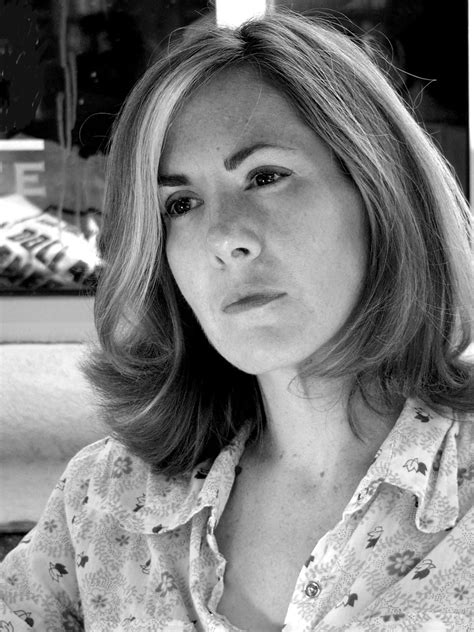A Quote by Irwin Shaw
Special-interest magazines are dangerous places for writers to start out in because the writing quickly falls into a routine and people are likely to find themselves artistically exhausted when they want to work on something of their own
Related Quotes
When I'm writing, especially when I'm writing in first person, I don't think about the characterization, or how they are going to express themselves, I just express my own approach to these things. I think most writers can never divorce themselves from their private lives and personas; they are the ones that are writing. And the more they remove themselves from their own persona, the more, perhaps, mechanical the work becomes.
You start out with big dreams and I mean, big dreams artistically. You want to work with the greatest living directors, make a great movie. I wanted to make a great love story, I wanted to make a great epic and then you realize that the truth of it is that it's so hard to make a great film. It's hard to get a great role. Those big expectations change to realism pretty quickly. But what's never changed is my desire to work with great directors and to find projects that push me out of my comfort zone and keep me alive. I still don't think I've done my best work
I can work a lot faster when I'm writing a screenplay than when I'm writing a play because, if I'm having a problem with a scene or something, I can just be writing it in a way where there's no dialogue, or find a way to make sound do the work that I want to do or a close-up do the work that I need to do.
I find it's very confusing when one critic tells you one thing and one tells you something completely different. Unless all the critics agree on parts of the play that just didn't work. I have stopped reading reviews, because I find writing is all about courage. You must have courage when you start writing a play and you cannot have the voice - you must write things out. You cannot have the voice of a critic telling you, "That didn't work in that play, you cannot make it work in another play." Every time you do a production, it's an experimentation.
For me, writing music is a way of processing the world. It's not a concrete thing, as in, "This piece is about giraffes." It's much more of an emotional sort of thing. I want people to find something out about themselves through my music, something that was inaccessible before, something that they were suppressing, something that they couldn't really confront.
Learn a lot about the world and finish things, even if it is just a short story. Finish it before you start something else. Finish it before you start rewriting it. That's really important.
It's to find out if you're going to be a writer or not, because that's one of the most important lessons.
Most, maybe 90% of people, will start writing and never finish what they started. If you want to be a writer that's the hardest and most important lesson: Finish it. Then go back to fix it.
For me writing is a long, hard, painful process, but it is addictive, a pleasure that I seek out actively. My advice to young writers is this: Read a lot. Read to find out what past writers have done. Then write about what you know. Write about your school, your class, about your teachers, your family. That's what I did. Each writer must find his or her own kind of voice. Finally, you have to keep on writing.
If you go off into general-interest magazines, often women are being shoved aside into various ghettos that perpetuate the problem. Women's interests are specialized, they're secondary; they're somewhere over to the side of the serious work that's being done. Throughout history, there have been ladies' magazines, ladies' journals, and for years there have been women writers who would refuse to participate in women-only sort projects because of that stigma.






































